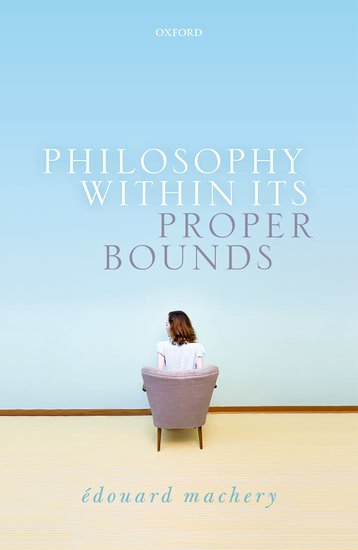Philosophy Within Its Proper Bounds: Conceptual Analysis and Conceptual Engineering
In the previous post, I defended a restricted form of modal skepticism and I concluded that many traditional philosophical issues could not be resolved and should be set aside. One may wonder what is left for philosophers to do: Am I suggesting to close philosophy departments? Fear not, dear reader, …


